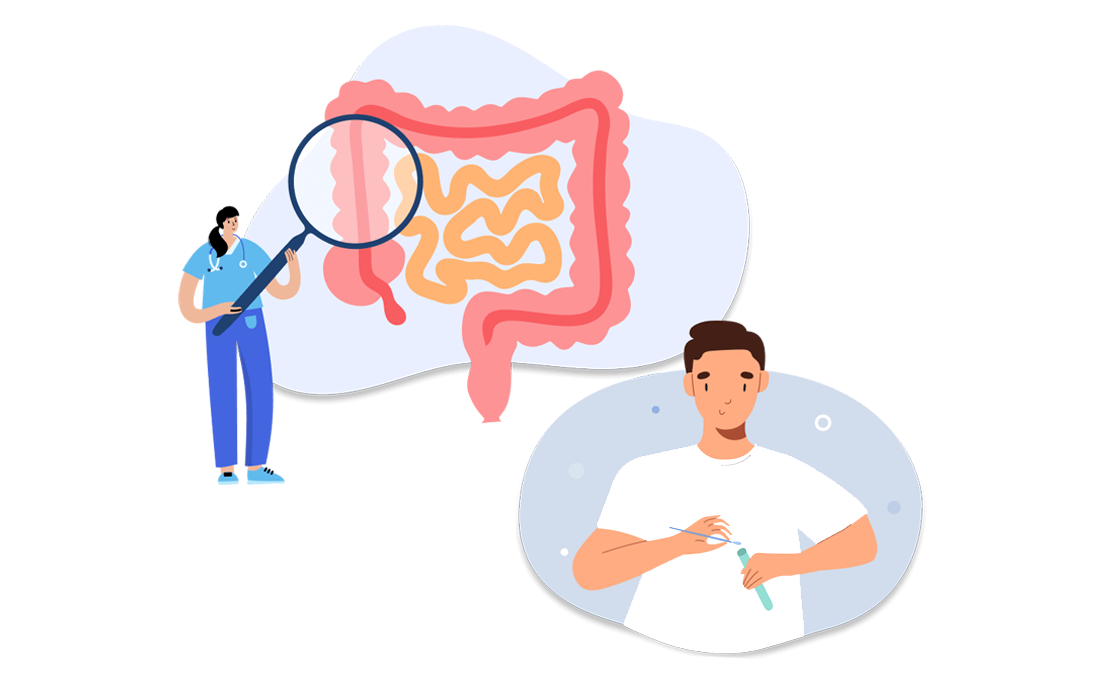Colorectal Cancer: Does it strike everyone equally?
July 29, 2024
If you could perform a simple painless test in the privacy of your home that could save your life, wouldn’t you do it? Of course—especially if the test is covered by insurance. Yet unfortunately, too many people die from colon cancer, which is very preventable. Chadwick Boseman, the star of “Black Panther,” died at age 43. In fact, young-onset colorectal cancer has been increasing in incidence since 2021. To address the alarming trend, the U.S. Preventive Services Task Force lowered the age — from 50 to 45 — for people of average risk to have regular screenings. Catch it early and colon cancer is treatable, and beatable. Catch it late, and survival drops from 91% down to 13%. The risk is not the same for everyone, however.
Celebrities such as comedian George Lopez and musician Will.I.Am. have joined non-profit Stand Up to Cancer to raise awareness of the deadly statistics, which are especially concerning as they relate to African Americans and Latinos:
- Black Americans are 40% more likely to die from colorectal cancer and 20% more likely to get it.
- Black and Hispanic Americans are more likely to be diagnosed with colorectal cancer at later stages due in part to differences in access to care, screening, and other social and economic factors.

Because there are few, if any, symptoms in the initial stages, no one can assume they are colon-cancer-free. Now for the good news: Colorectal cancer is very treatable if caught early, and there have never been easier screening options. Colonoscopy is no longer the only choice. The options include:
People over 45 should continue regular colorectal cancer screenings at least through age 75, even if they appear healthy. This is especially true if you are Black or Latino.
The costs of colorectal cancer screening are covered by both private insurances and Medicare. That means you should not have to pay out-of-pocket costs such as co-pays or deductibles. So do not wait. If you are 45 or older and have not been evaluated, call your primary care physician to schedule an appointment to talk about the screening options that are best for you. You can also call 866-909-DOCS to get more information. Chances are you can perform a simple test at home to screen for colon cancer that could save your life.
For more information on Providence’s partnership with Stand Up To Cancer on colon cancer awareness, visit https://www.providence.org/lp/stand-up-to-cancer.
